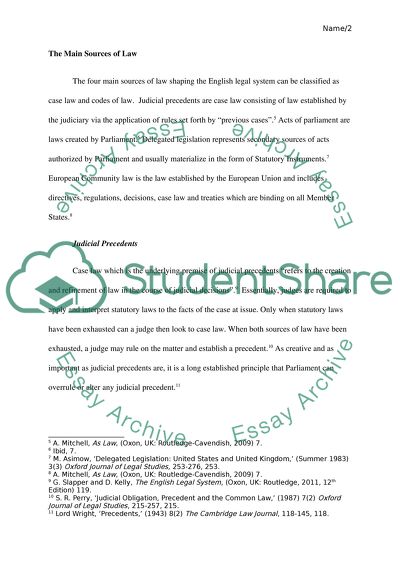Cite this document
(“Critically examine the sources of law which have shaped the English Essay”, n.d.)
Retrieved from https://studentshare.org/law/1466531-critically-examine-the-sources-of-law-which-have
Retrieved from https://studentshare.org/law/1466531-critically-examine-the-sources-of-law-which-have
(Critically Examine the Sources of Law Which Have Shaped the English Essay)
https://studentshare.org/law/1466531-critically-examine-the-sources-of-law-which-have.
https://studentshare.org/law/1466531-critically-examine-the-sources-of-law-which-have.
“Critically Examine the Sources of Law Which Have Shaped the English Essay”, n.d. https://studentshare.org/law/1466531-critically-examine-the-sources-of-law-which-have.


